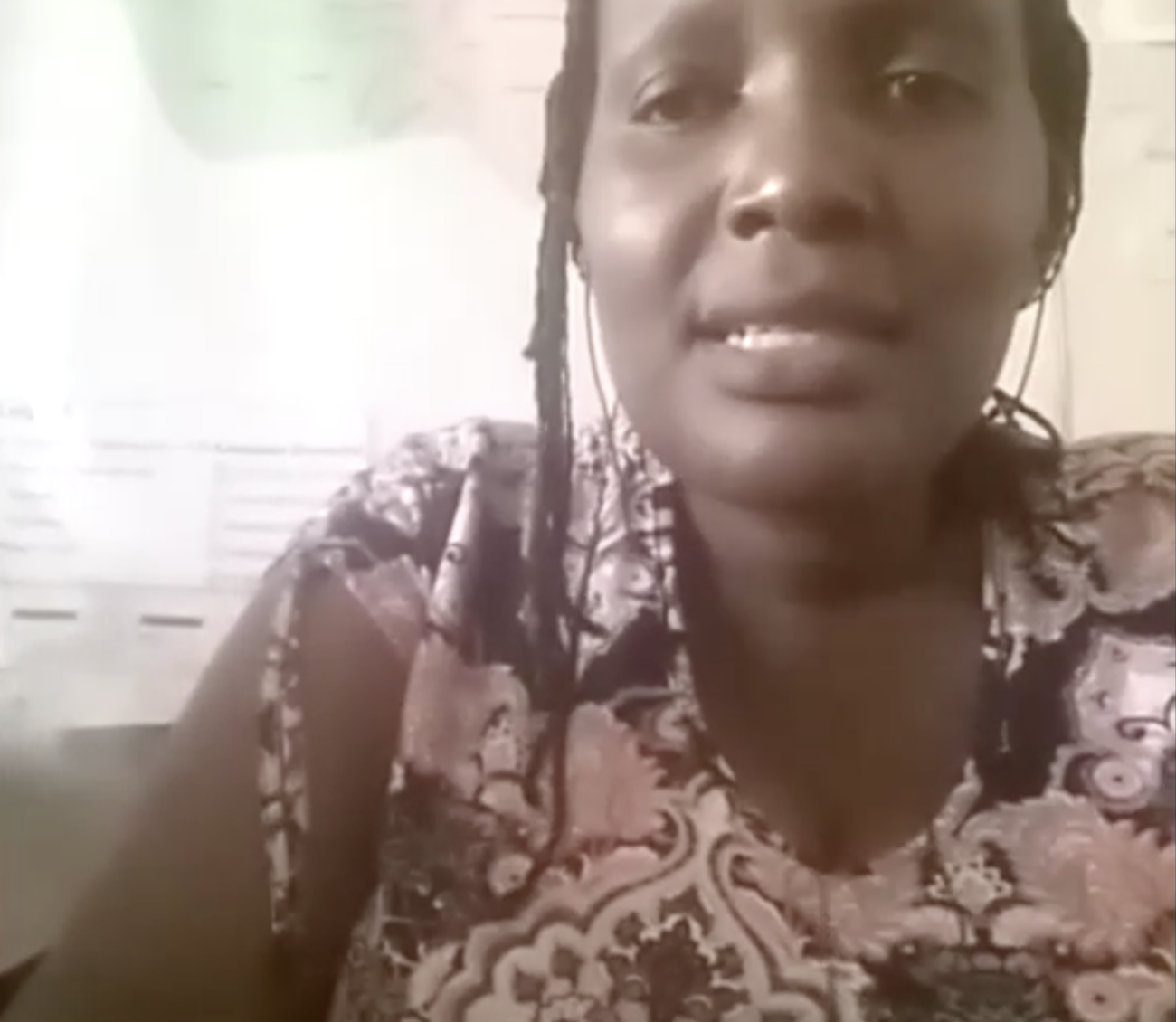The WINS Academy is thrilled to announce that Susan Nalumansi is the 25th individual to earn a designation as a Certified Radioactive Source Security Professional (CRSP). Ms Nalumansi is a Radiation Protection Officer at the Atomic Energy Council in Kampala, Uganda.
She received a scholarship from the WINS Academy as a result of the WINS Academy Ambassador outreach programme. Mr Richard Sseggane, a WINS Academy Ambassador in Uganda, reached out to Ms Nalumansi and encouraged her to apply for the scholarship.
With a background in physics and a Masters in global energy, Ms Nalumansi was tasked with heading a nuclear security unit one year after joining the Atomic Energy Council in 2015. However, she was not formally trained in the field of nuclear security and read some literature, attended various training courses, and participated in conferences.
Why did you enrol in a WINS Academy learning programme?
I was getting my information on nuclear security from here and there, and I wanted to gain competence in the key areas related to nuclear security and radioactive source security management. While there’s some information on the web, I needed something from a very reputable organisation such as WINS. So, it was more than thrilling for me when I was given the opportunity to join a WINS Academy programme.
What has been the most rewarding thing about the certification programme?
The most rewarding experience was the fact I was working with individuals who were specialised in the area, but most importantly, it was that I joined a group of professionals who are internationally recognised. I also can show that I’m one of the nuclear security experts after incorporating the WINS logo into my email signature.
Would you have been able to participate in the programme without the scholarship?
No, because I did not have the resources then, and I would have had to wait two or three more years. And if that were the case, I might have lost out of the process. I am grateful for the offer that was given to me.
“The most rewarding experience was the fact I was working with individuals who were specialised in the area but most importantly it was that I joined a group of professionals who are internationally recognised.”
How have you been able to practically apply what you learned in the programme to your role?
I completed the programme and got the certification in February, so there hasn’t been a big gap since then. During the process, I realised there was a gap within the system in our country, in particular the area of nuclear security culture. I intend to share the information, knowledge, skills and documents – in particular the nuclear security handbook – that I acquired with licensees during comprehensive inspections. I would also love to share this information during other stakeholder engagements or by raising awareness during radio or TV discussions, which is an area I am particularly interested in.
How do you think the programme can positively affect nuclear/radioactive source security professionals in your region?
According to regulations, the prime responsibility for the security of radioactive sources lies upon the user, but we still need to build capacity in that area. So, by taking these programmes, we should be able to identify the gaps, contribute to bridging those gaps and improve security at the national level and consequently at the local level.
Who do you think would benefit most from enrolling in the CRSP certification programme?
Licensees, operators, managers, as well as anyone who has a responsibility to play in nuclear security should enrol in this programme. In the event that a nuclear security event happens, we have to call upon many stakeholders, and they need to know how to manage something like this.
“Advancing gender parity will benefit our field because having more women within the field will give us the opportunity to have a greater pool of experts to be called upon for various purposes.”
What advice would you give for other women either entering or already working in the sector?
For those that are already there, I would encourage them to keep their heads high. And for those who are joining, the simple message is that they too can make it. The information and all the knowledge acquired in this field is not any different – we were given equal brains, it’s just about the attitude, desire and determination to continue. In the event they will find challenges – which there will always be challenges – the only way to move forward is to think about those who have made it before and imagine they can do it.
In your opinion, how can advancing gender parity benefit your field?
Advancing gender parity will benefit our field because having more women within the field will give us the opportunity to have a greater pool of experts to be called upon for various purposes. Personally, I believe that women are very cautious, so if we intend to do something, we will do it to the best of our knowledge. Encouraging women to join the team will be very helpful, and certainly in the long run, contribute to security within the nation and the world at large.
